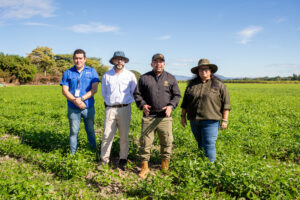The Asociación Bancaria Salvadoreña (ABANSA) has issued an alert about a digital scam method that is gaining strength in the country: “WhatsApp Spoofing”. This technique allows criminals to impersonate a person’s telephone number in order to deceive their contacts and obtain confidential information or money transfers.

Unlike traditional account theft, spoofing does not require direct access to the victim’s phone. Fraudsters use technological tools to spoof the number from which they send messages, making them appear legitimate. In this way, the contacts of the person being spoofed believe they are talking to someone they trust, which facilitates the fraud.
Generally, the attacker sends an urgent message requesting financial assistance or personal data, claiming an emergency or a technical problem. In other cases, they ask for verification codes or links that may compromise the user’s security. The success of this scam lies in the psychological deception and the trust that contacts place in the known number.

To protect yourself from WhatsApp Spoofing, ABANSA recommends to be wary of unusual messages, even if they come from acquaintances. It is essential to verify the authenticity of any request through a direct phone call. In addition, it is suggested to activate the two-step verification in WhatsApp and never share verification codes or sensitive data by that means.
ABANSA also urges the population to report any attempted scam to the Fiscalía General de la República (FGR) to facilitate investigations and prevent other citizens from becoming victims. Reporting is key to combat the growth of these cybercrimes and protect the country’s digital environment.

Digital education is one of the best defenses against fraud. Being informed about the tactics used by criminals is fundamental to detect alerts in time and make safe decisions.







